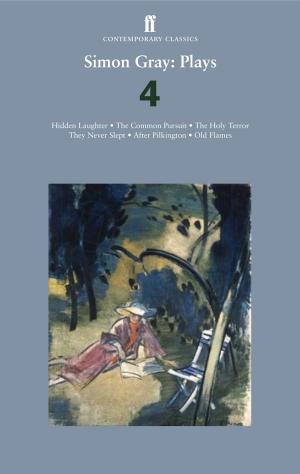| Author: | George Ewart Evans | ISBN: | 9780571287062 |
| Publisher: | Faber & Faber | Publication: | March 15, 2012 |
| Imprint: | Faber & Faber | Language: | English |
| Author: | George Ewart Evans |
| ISBN: | 9780571287062 |
| Publisher: | Faber & Faber |
| Publication: | March 15, 2012 |
| Imprint: | Faber & Faber |
| Language: | English |
The pioneering oral historian, George Ewart Evans, began to record the farming ways of East Anglia in the 1950s by listening to old men and women whose memories went back more than fifty or sixty years. Many were agricultural labourers, born before the turn of the century, who had worked on farms before the arrival of mechanisation.
It was assumed at that time that horses would soon disappear from the farms, and that this was the last chance of recording the part they had played for centuries. It later became clear that this forecast was too pessimistic and in Horse Power and Magic (Faber, 1979) Ewart Evans describes in fascinating detail some important farms where horses continued to be beneficially used more than thirty years later. He discovered that the traditions of the older horsemen had not died out but had been passed on, in only slightly attenuated form, to a younger generation keen to farm with horses, proving that the day of the heavy horse was by no means over. He also describes vividly the ways of horse-tamers whose skills had a touch of 'magic' about them.
'Taking his works a whole, there is no doubt that George Ewart Evans will survive as a fascinating pioneer of the extra-academic recording of human history...he has found a dimension all his own. This is indeed the very stuff of history.' Sunday Times
The pioneering oral historian, George Ewart Evans, began to record the farming ways of East Anglia in the 1950s by listening to old men and women whose memories went back more than fifty or sixty years. Many were agricultural labourers, born before the turn of the century, who had worked on farms before the arrival of mechanisation.
It was assumed at that time that horses would soon disappear from the farms, and that this was the last chance of recording the part they had played for centuries. It later became clear that this forecast was too pessimistic and in Horse Power and Magic (Faber, 1979) Ewart Evans describes in fascinating detail some important farms where horses continued to be beneficially used more than thirty years later. He discovered that the traditions of the older horsemen had not died out but had been passed on, in only slightly attenuated form, to a younger generation keen to farm with horses, proving that the day of the heavy horse was by no means over. He also describes vividly the ways of horse-tamers whose skills had a touch of 'magic' about them.
'Taking his works a whole, there is no doubt that George Ewart Evans will survive as a fascinating pioneer of the extra-academic recording of human history...he has found a dimension all his own. This is indeed the very stuff of history.' Sunday Times















